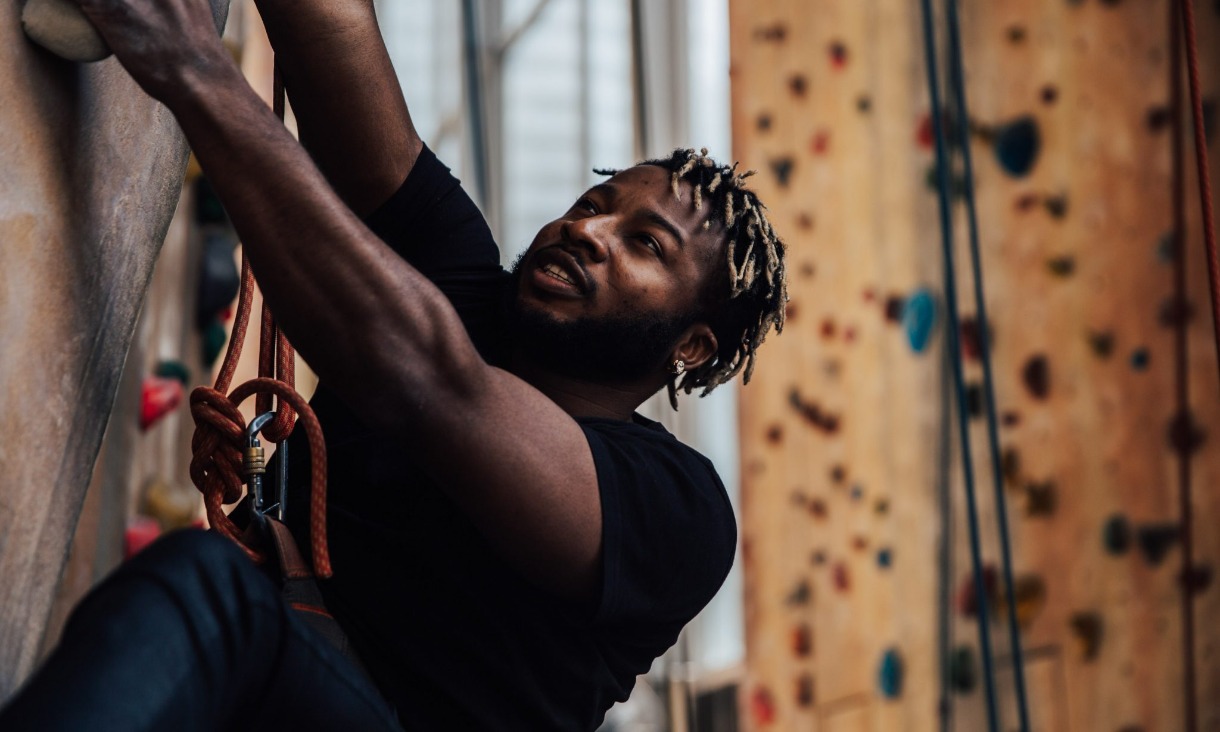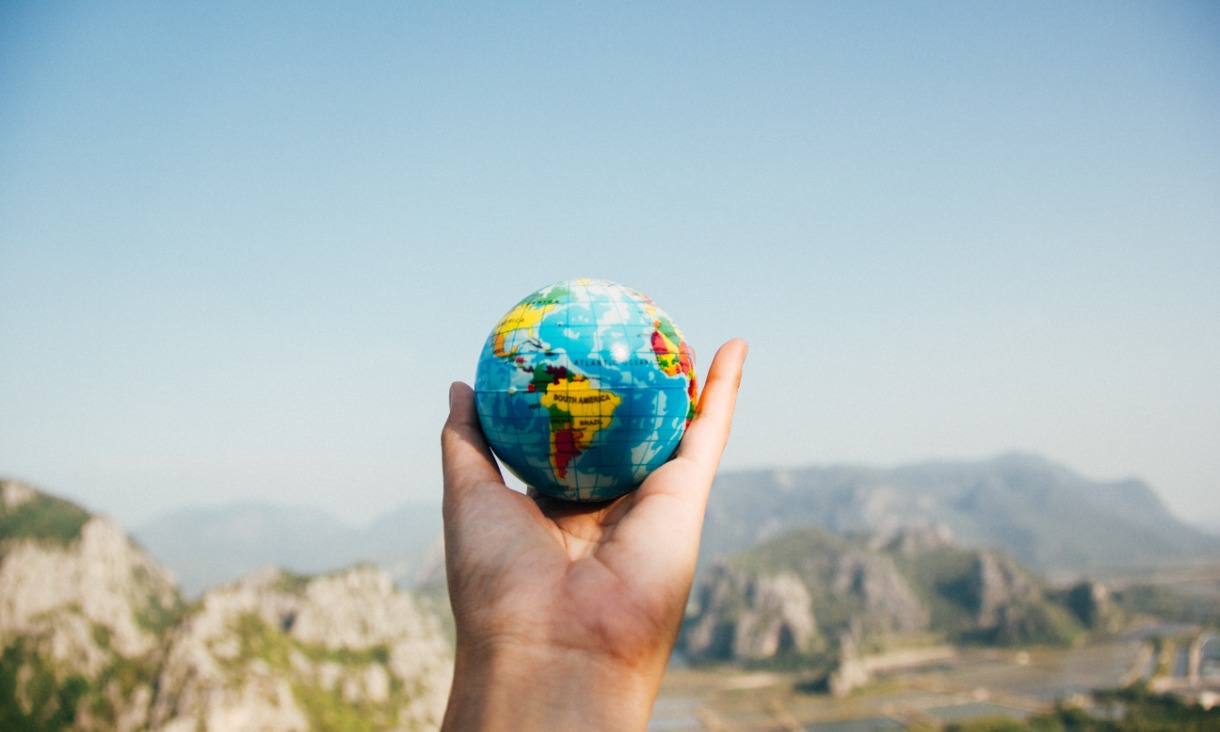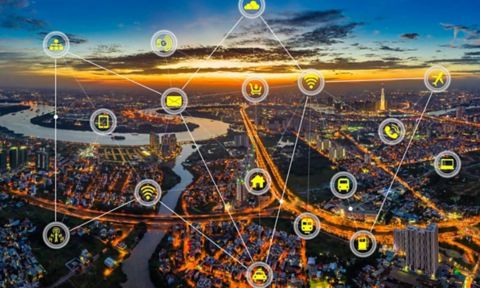Ten ways RMIT research is helping to build a more sustainable future
From turning back the emissions clock to building more durable roads from old tyres, RMIT researchers are tackling today’s biggest challenges and developing solutions for a more sustainable world.
Road to recovery: experts on where Federal Budget funding should go
Australia’s economic recovery from COVID-19 has been better than predicted, so what can we expect from this year’s Federal Budget? RMIT academics share their expert view on where the cash can be splashed for the greatest benefit.
RMIT collaborates with Ho Chi Minh City to shape smart cities in Vietnam
RMIT and Ho Chi Minh City People’s Committee have brought international and industry experts together to discuss the building blocks of smart and sustainable cities.
Bringing the buzz back to Melbourne: what’s it going to take?
Melbourne is ready for business and to entice Victorians to stay and play in metropolitan Melbourne the State Government is releasing travel vouchers. But is this enough to revitalise the city?






